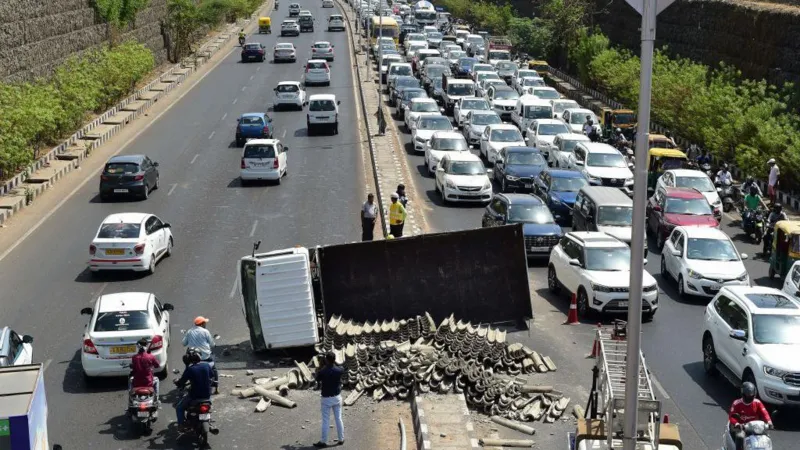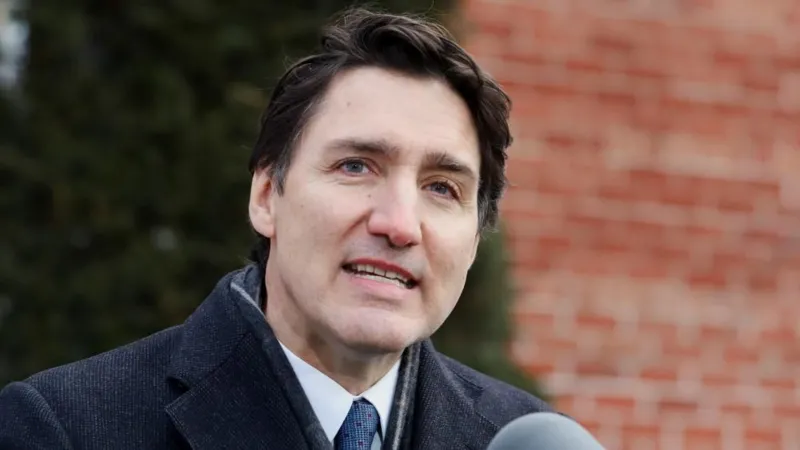Israel agrees to pauses in fighting in Gaza for polio vaccination
Israel has agreed to a series of pauses in fighting in Gaza in September to allow young children in the enclave to be vaccinated for polio, according to United Nations and Israeli officials.
Rik Peeperkorn, the World Health Organization’s representative for the West Bank and Gaza, told a press briefing from a video link Thursday that the pause would start September 1 and will be split into three 3-day phases.
“We have a preliminary commitment for area-specific humanitarian pauses during the campaign,” he said, adding that the pauses will roll out first in “central Gaza for three days, followed by south Gaza and then followed by north Gaza.”
An Israeli official confirmed to CNN that polio vaccinations will begin in Gaza on September 1. Each phase of the vaccination campaign is expected to take around seven hours, and during those hours, the vaccines will be able enter the area on “pause” and be distributed.
COGAT, the Israeli agency responsible for approving aid into Gaza, did not immediately respond to CNN’s request for more information about how the distribution would be structured.
Basem Naim, a member of Hamas’ political bureau, said the militant group welcomed the push for a pause in Gaza to implement the vaccination drive. “We are ready to cooperate with international organizations to secure this campaign,” he added.
Since the war, Gaza’s near-universal polio vaccine coverage has dropped to just over 80%. Peeperkorn told the UN press briefing that more than 90% coverage was needed to stop the outbreak in the besieged Palestinian territory.
He warned that the three-day periods “might not be enough to achieve adequate vaccination,” adding that it “has been agreed, when needed, the campaign will be extended by one day per zone, or even more when necessary.”
He added that it would be a two-round vaccination campaign with a four-week interval between the first and second doses.
The resurgence of the virus – eliminated in most of the developed world – highlights the struggles facing Gaza’s two million residents, who have lived under Israeli bombardment since October last year. Many people in the enclave are deprived of food, medical supplies and clean water, with up to 90% of the population internally displaced.
The aim of the immunization campaign is to vaccinate about 640,000 children under the age of 10 with two doses each. According to Peeperkorn, 1.26 million doses of vaccines and 500 vaccine carriers have already been delivered to Gaza.
Polio mostly affects children under five years old, and can cause irreversible paralysis and even death. It’s highly infectious and there is no cure; it can only be prevented by immunization, according to the WHO.
The Hostages Families Forum, which campaigns for the release of hostages held by Hamas in Gaza, has also asked the WHO and the UN children’s agency, UNICEF, to include the hostages in the ongoing polio vaccination campaign and all other health interventions.
A United States official told CNN that Secretary of State Antony Blinken pushed Israeli Prime Minister Benjamin Netanyahu in their meeting last week on the polio vaccinations, telling Netanyahu it had to be a top priority and it had to get done.
Netanyahu agreed to work with the US on the details, the official said. US Special Envoy Lise Grande for Middle East Humanitarian Issues has been leading that effort, working to finalize the details between the Israeli government and the UN, including what the pauses would like and how the vaccines would be delivered.
WHO is joined in the vaccination effort by the Palestinian Ministry of Health, the United Nations Children’s Fund, the UN Relief and Works Agency for Palestine Refugees and other partners. Each organization has been assigned a role in the technical and strategic “microplan” to execute the vaccine campaign.
For weeks, the organizations have emphasized that some kind of ceasefire — what they are calling a “polio pause”— would be crucial to the effort’s success, and even to contain the disease from spreading to the broader region.
Source: CNN























































